Stay logged in to proceed with bookings, orders and offers.
On changing the terminal, you will loose items in your cart. Are you sure you want to change your terminal?
Discover the sacred legacy of Chappan Bhog, an offering of devotion that unites hearts and palates in celebration of Lord Krishna.
It was the auspicious occasion of Krishna Janmashtami in 2022—a day that marks the birth anniversary of Lord Krishna, the eighth incarnation of Lord Vishnu—where the heart of the celebration was a culinary marvel I had heard so much about—Chappan Bhog. I was told that one of the best places to experience Chappan Bhog was the Shri Banke Bihari Temple in Vrindavan, Uttar Pradesh. Vrindavan is closely associated with the life and legends of Lord Krishna, and the Shri Banke Bihari Temple is one of the most revered Krishna temples in the region. I headed to Vrindavan for a once-in-a-lifetime journey of spirituality, devotion and an opportunity to partake in the Chappan Bhog offered to the devotees on this special occasion of Krishna Janmashtami. As I joined the crowds of devotees gathered in celebration, I was drawn into the spirit of devotion and festivity.
To understand the beginnings of this tradition, we have to travel back in time when Krishna was born in the Dwaparayuga. Lord Krishna is believed to have been born in Brij or Vrindavan on the eighth day (Ashtami) of the Krishna Paksha (waning moon) in the Hindu month of Bhadrapada. This corresponds to his birth anniversary, which is celebrated as Krishna Janmashtami, typically falling in the months of August or September in the Gregorian calendar. The specific date may vary from year to year based on the Hindu lunar calendar. I mused upon the various legends that accompanied Lord Krishna. His penchant for pilfering white butter earned him the affectionate moniker 'maakhanchor' or 'butter thief' of Vrindavan. His mischievous deeds made him a beloved figure in Vrindavan, and the bond between him and the villagers of Brij or Vrindavan was unbreakable. Vrindavan's farmers used to observe the tradition of offering lavish meals to Lord Indra, the god of rain, seeking blessings for abundant harvests. Young Krishna challenged this practice, emphasising the importance of land and cows over extravagant divine feasts to Lord Indra, who was only doing his duty. The villagers embraced his wisdom, which infuriated Lord Indra. His fury unleashed torrential rains, flooding Vrindavan. Lord Krishna, with his divine, protected the people of Vrindavan under the mighty Govardhan Parvat. With a mere touch of his little finger, he lifted the colossal mountain, and for seven days and nights, Lord Krishna held the mountain up, shielding it from the wrath of Lord Indra's incessant rain. During those seven days, Lord Krishna selflessly protected the people of Vrindavan. He did not eat a single morsel of food—a departure from his usual routine of eating eight dishes every day. As a gesture of gratitude, the villagers prepared 56 dishes, symbolising the eight dishes for each of the seven days when Krishna did not eat.
As I joined the throng of devotees, we all moved in unison towards the sanctum of the temple, where the Lord's offerings were on full display. As I looked at the magnificent offerings, I understood it was more than a sumptuous meal. This culinary spread symbolised the enduring bond between Lord Krishna and his devoted followers, a connection that withstood the test of time. The assortment of 56 dishes, collectively known as Chappan Bhog, was an offering not only of food but of love, gratitude, and devotion. 'Chappan' meaning 56, and 'Bhog' meaning food is a feast that includes a variety of sweets, savouries, drinks, fruits and other vegeterian dishes. It showcases the diversity of Indian cuisine and reflects the culinary traditions of different regions. The selection of food items may vary depending on the temple or occasion. Preparing Chappan Bhog for Krishna’s birth anniversary has become a tradition. While Chappan Bhog is a revered offering in Krishna temples and households across India, it is particularly associated with the northern states of India, such as Uttar Pradesh and Rajasthan, where the worship of Lord Krishna has deep historical and cultural roots. The feast is an expression of the enduring bond between Lord Krishna and his devotees, a bond that transcends time and place. Krishna Janmashtami is among the most significant festivals celebrated in India.
The Chappan Bhog offering is a sacred ritual made with unwavering devotion and purity. Partaking in this feast is believed to bring blessings and divine grace to the devotees. After the offering, the prasad is distributed among the faithful as a form of divine blessing. With a heart full of gratitude and devotion, I received my share, and in that moment, I prayed not only for my well-being but for the well-being, prosperity and happiness of all my brethren.
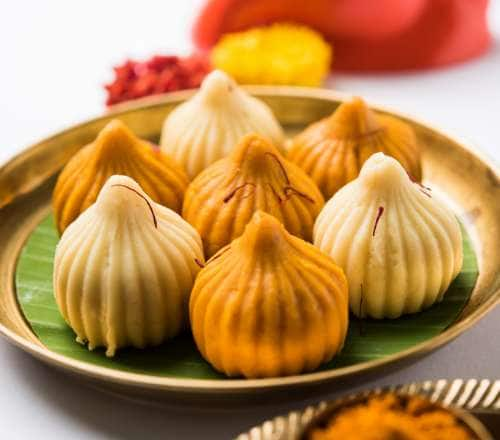
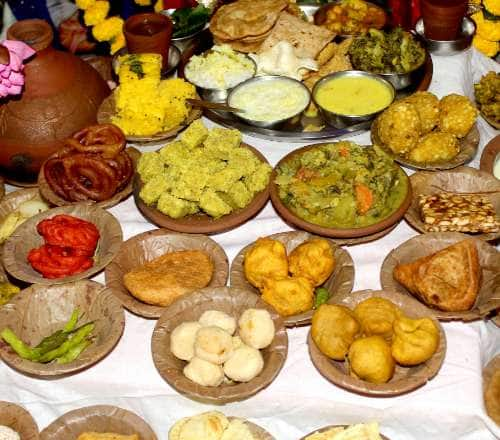
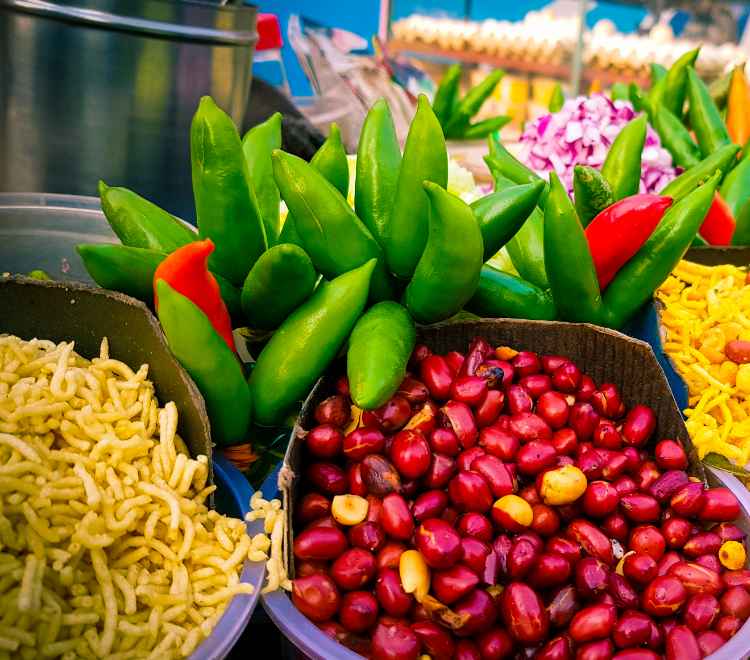
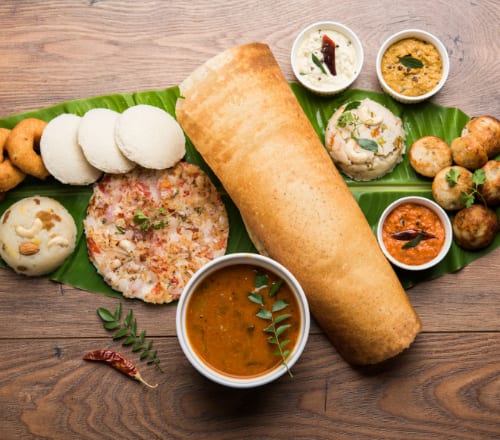
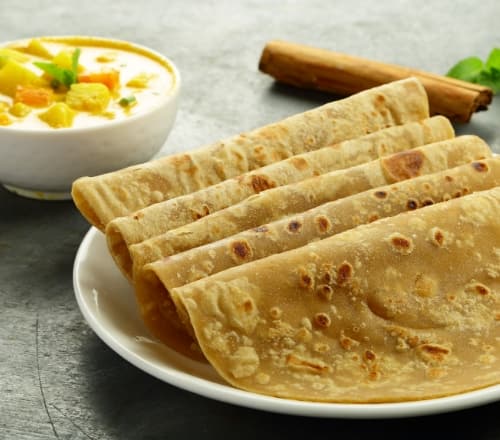
The Adani One expressly disclaims all liability, direct and indirect, in respect to actions taken or not taken based on any or all the contents of this Blog. The Blog is an opinion of the contributor based on the collation of data from various sources and is provided only for information purpose. Adani One does not canvass, advertise, solicit, invite or induct for any product, merchandise, information, brand or any other materials mentioned in the Blog, nor does it obtain any monetary benefit from the same. Reader is advised to read and apply his/her intellect and discretion in this regard. Any Intellectual Property mentioned in this blog belongs to the rightful owner. We do not intent to claim any interest over the same.